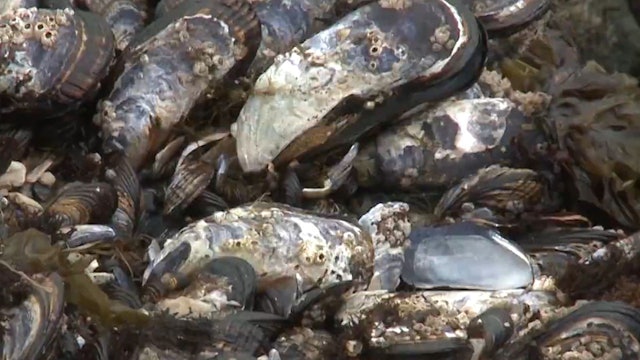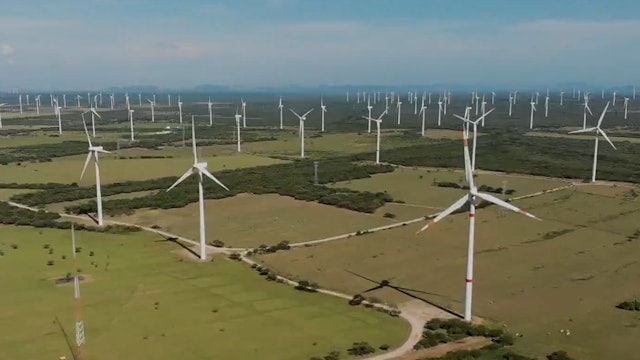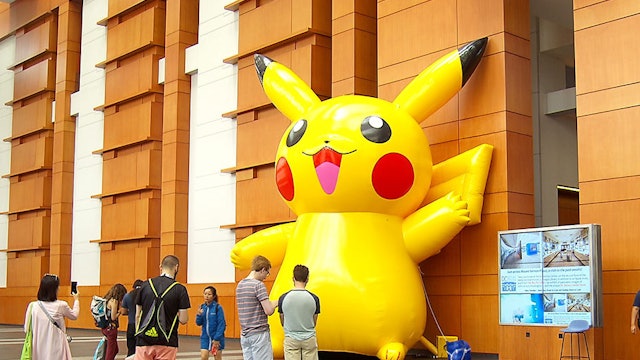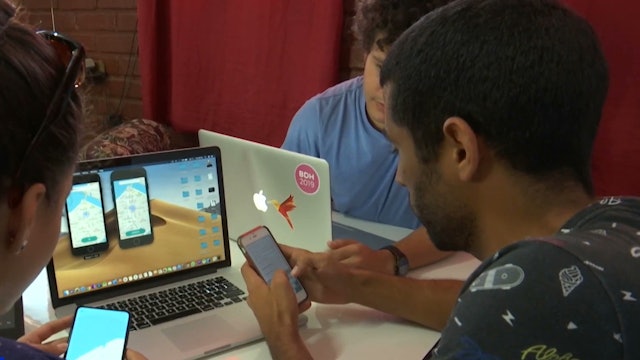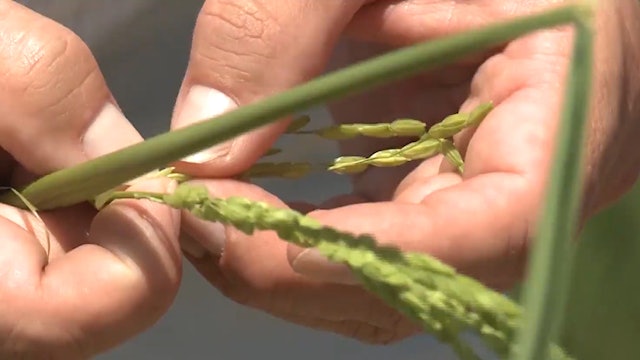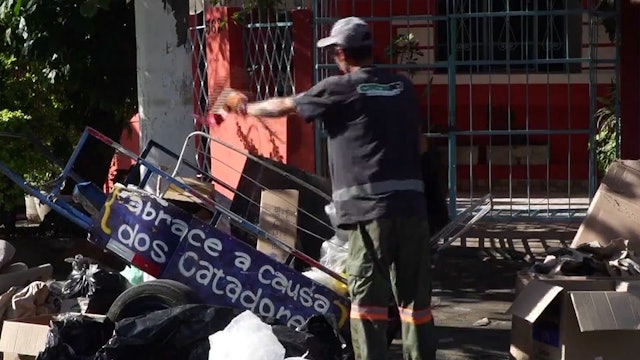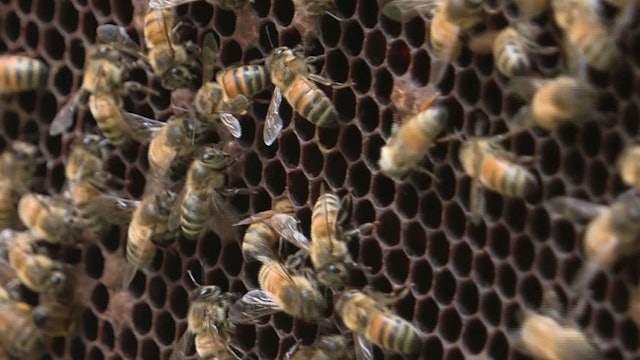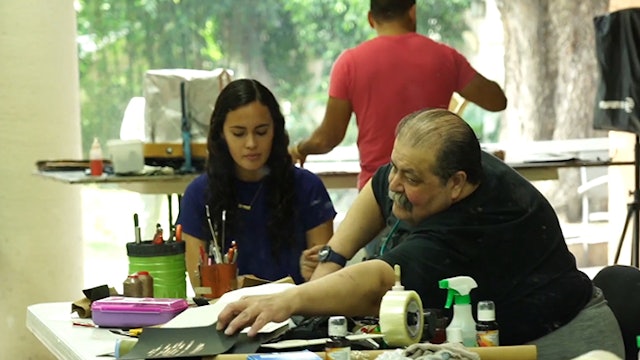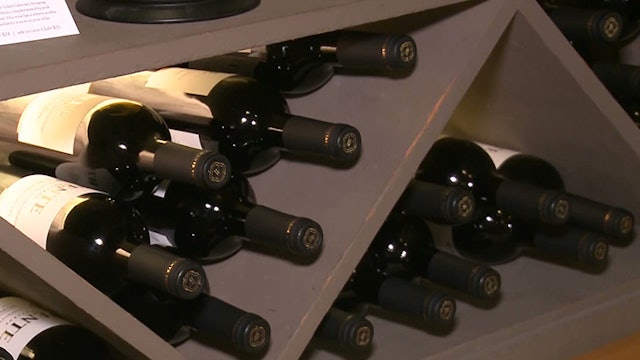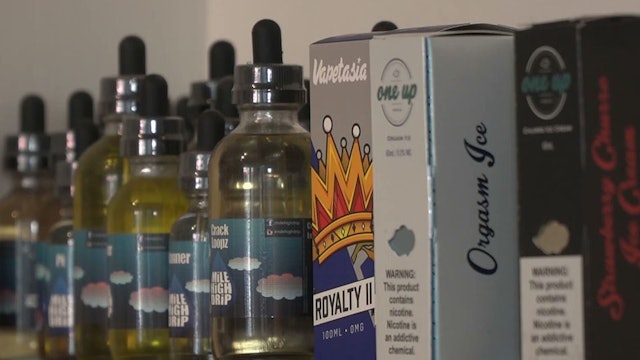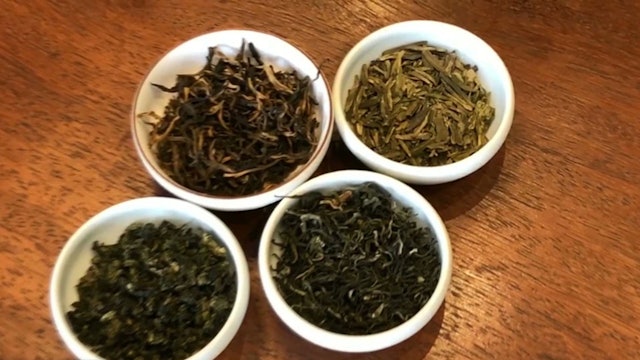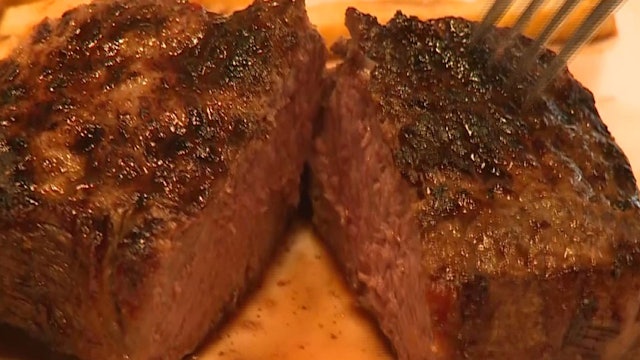Global Business
“Global Business” is a daily global business news program that aims to combine reporting of economic and financial issues in North and South America with those from China and the Asian region.
-
Mussels damaged during July heatwave
Recent heatwaves across America and Europe are also taking a toll on other ecosystems such as sea life. Roughly 30-percent of the mussels died in two parts of the Bodega Bay Marine Reserve and that they’ve found anecdotal evidence of similar die-offs in other parts along the coast including an ho...
-
Controversy in Oaxaca, Mexico over Latin America’s biggest wind farm
-
Pokemon World Championships
They’ve come from 45 countries for an invitation-only tournament.
Facing off over cards and video bouts over three days – and competing for half a million dollars in shared prize money This is the Pokémon World Championships. -
Young female driver races for the top
The new generation of female drivers is racing in the tracks of those women who came before. And they are hoping to change the motor-racing industry forever. Among the youngest of them is 15-year-old Astrid Lynn of New Jersey, who has the F-1 in her sights.
-
Racing trying to get more women into Formula 1
The first-ever all-female motor-racing championship has crowned its winner. The W series uses Formula Three cars to give a platform to top female drivers from around the world.
The series aims to promote female racing drivers and help them get into the Formula One championship, which has not see... -
Mountain region of Mexico produces special coffee beans
Global supply chains for coffee starts in some of the world’s the poorest and most remote communities. They’ve been the hardest hit when prices slumped to a 12-year low.
But one community in Mexico is going strong because it grows a bean that’s been called “black gold.” being strengthened by the... -
Cuban entrepreneurs launch ride-share app
Ridesharing companies like Uber and Lyft have grown rapidly in countries with a robust internet infrastructure. They haven’t done so well in others struggling with connectivity, like Cuba. As CGTN’s Luis Chirino reports, some innovative app makers are finding a way.
-
California company first in US to sell rice to China
With U.S.-China trade tensions at a heightened state- a California company has made a surprising breakthrough.
It’s set to be the first in the United States to sell rice to China. -
UK architects design and create recyclable cork house
Cork is usually used for wine bottles. And after a drink or two- it’s in the trash. Now some engineers say it could change the way homes are built- with the environment in mind.
At first glance, it’s a typical modern house. But a closer look reveals the extraordinary. -
Artist creates app that turns trash into cash
An app called Cataki is helping Brazil’s waste pickers make more money.
The service fosters human relation and waste collection.
Roughly 90% of Brazil’s recycled waste is collected by waste-pickers.
Poverty is one important reason behind the large number of waste-pickers here in Brazil.
But o... -
Chinese buying less NY real estate
The biggest foreign buyers of New York real estate were once the Chinese. Not anymore. There has been a dramatic drop in purchases in recent years, in part, because of rising tensions between the U.S. and China. This along with other factors is helping to push prices lower in New York’s once hot ...
-
Lab-grown diamond market expanding
They say diamonds are a girls’ best friend – but does it matter if they were created over millions of years underground – or if they were grown in a lab in just a few weeks? According to analyst Paul Ziminsky, the market for jewelry made with lab grown diamonds is growing by 22 percent a year to...
-
Chilean winemakers revive ancient vines
Chile is working to save ancient vineyards planted by Spanish explorers centuries ago, as well as resurrect old wine-making techniques.
It’s a way for some regions to boost their economy and also save part of their cultural heritage.
-
Beekeeping rises as bee numbers drop
New York City has had a growing buzz of new bee-hives. Hundreds have popped since 2010, when urban bee-keeping was legalized.
Many are inspired by concerns over a global decline in honey bees, crucial pollinators of crops. But the hobbyists might be doing more harm than good. -
YouTube stars of ASMR videos
ASMR stands for Autonomous Sensory Meridian Response and it describes the relaxing, tingling feeling some people experience when they hear certain sounds or see certain images.
ASMR has spawned a whole genre of YouTube videos along with new stars who create them.
-
Eco-fashion becomes new trend
As environmental movements gather steam across the globe, consumers are being asked to re-think just about every aspect of daily life…. right down to the clothes they wear.
CGTN reports from Mexico City, one of the most polluted urban areas in the world, on the rise of eco-fashion. -
California wine growers feel tariff pain
The Trade War between the U.S. and China lingers on. And in the meantime, many industries are feeling the heat, including wine.
California accounts for 97% of the U.S.’s wine, leading many growers there to put expansion plans in China on hold. -
US opens criminal probe into vaping illnesses
The U.S. government is opening a criminal probe into vaping products. So far, the number of e-cigarette users getting sick is up to 530, and seven have died. The U.S. Food and Drug Administration is looking into the cause of the illnesses.
-
The history of tea and how it travelled from China to Brazil
Some call it cha, some call it chai. Different names for tea a drink that’s popular around the world. It’s been consumed in China for thousands of years, but it only made its way to Brazil in the early 19th century.
-
Uruguay beef: Overseas demand eats into local consumption
Uruguay may be South America’s smallest country, but it’s the region’s largest consumer of beef per person. However, for the first time ever, Uruguay is being forced to import beef. The reason: China’s growing appetite for high-end gourmet meat.



